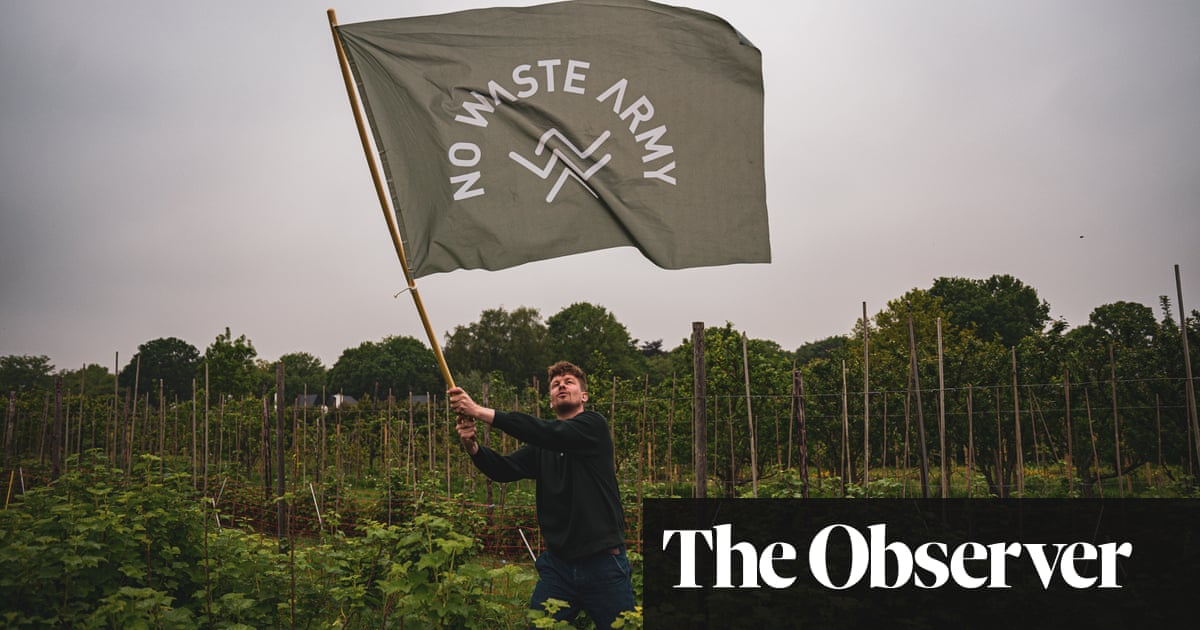When 31-year-old Dutch farmer Bastiaan Blok dug up his latest crop, the weather had taken a disastrous toll. His onions – 117,000 kilos of them – were the size of shallots.
“We had a very wet spring and a dry, warm summer, so the plants made very small roots,” said Blok, who farms 90 hectares in Swifterbant, in the reclaimed province of Flevoland. “Half of them were less than 40mm and normally at this size they aren’t even processed. We would have probably sold them for very little for biomass, or maybe to Poland for onion oil. It’s either far too wet and cold, or far too warm and dry, and there’s no normal growing period in between.”
The wettest autumn, winter and spring on record have threatened the spinach and potato crops, leading to parliamentary questions and warnings from farming union LTO. Evelien Drenth, LTO agriculture specialist, said 61% of Dutch farmers report lost yields due to extreme weather, diseases are up and sowing is late or sometimes missed. “Consumers and supermarkets need to get used to empty shelves sometimes for short-season crops like spinach … and also irregular-sized Brussels sprouts and broccoli,” she added.


